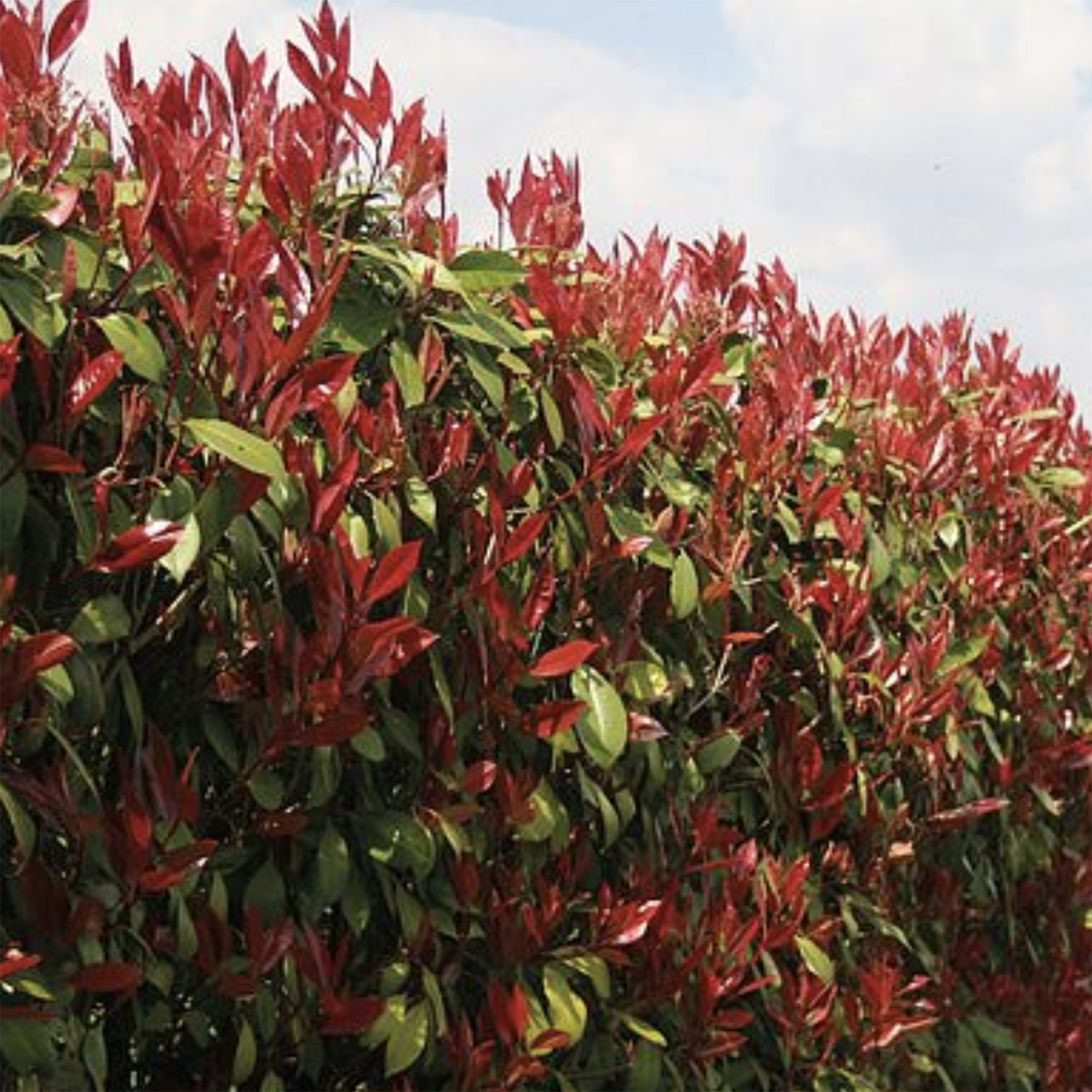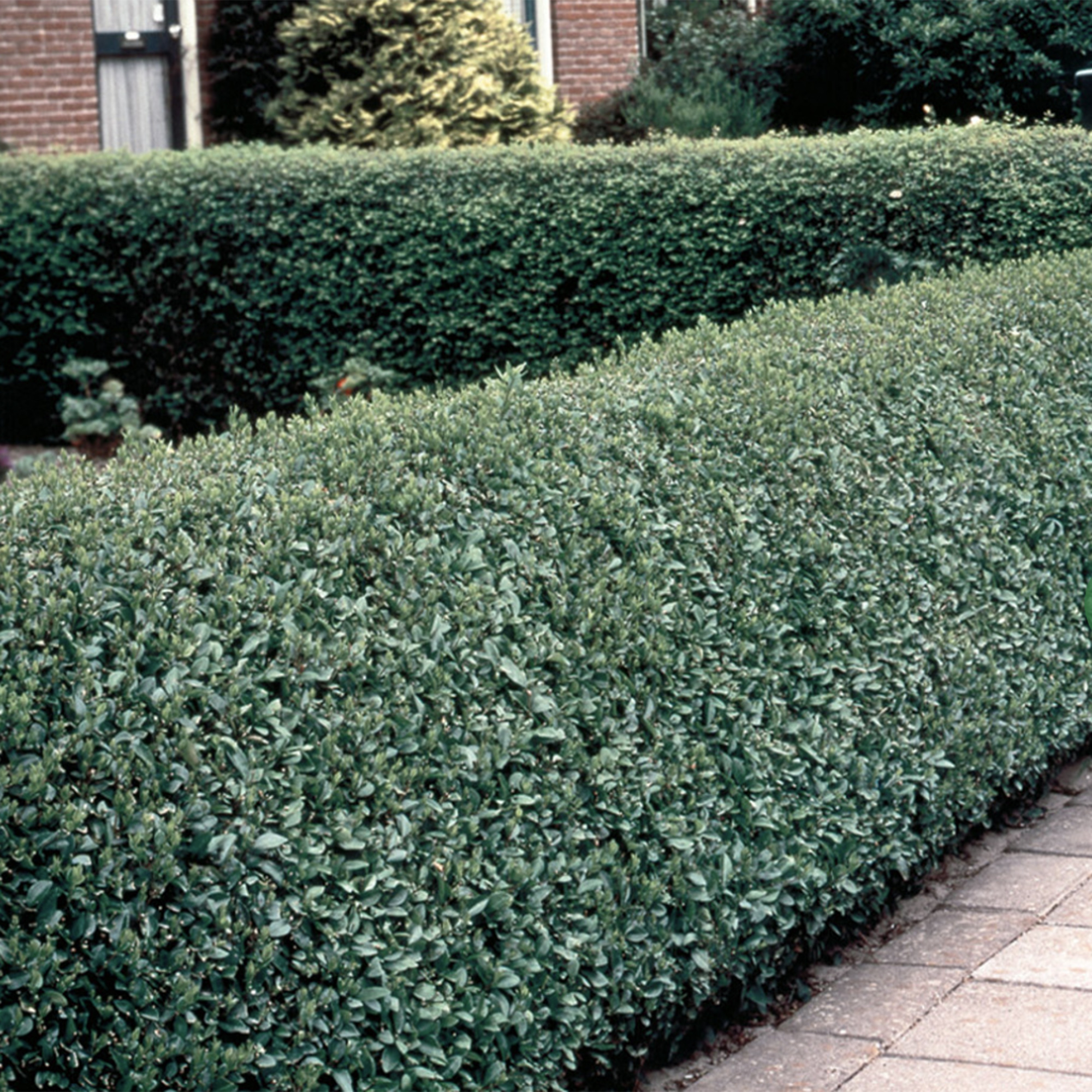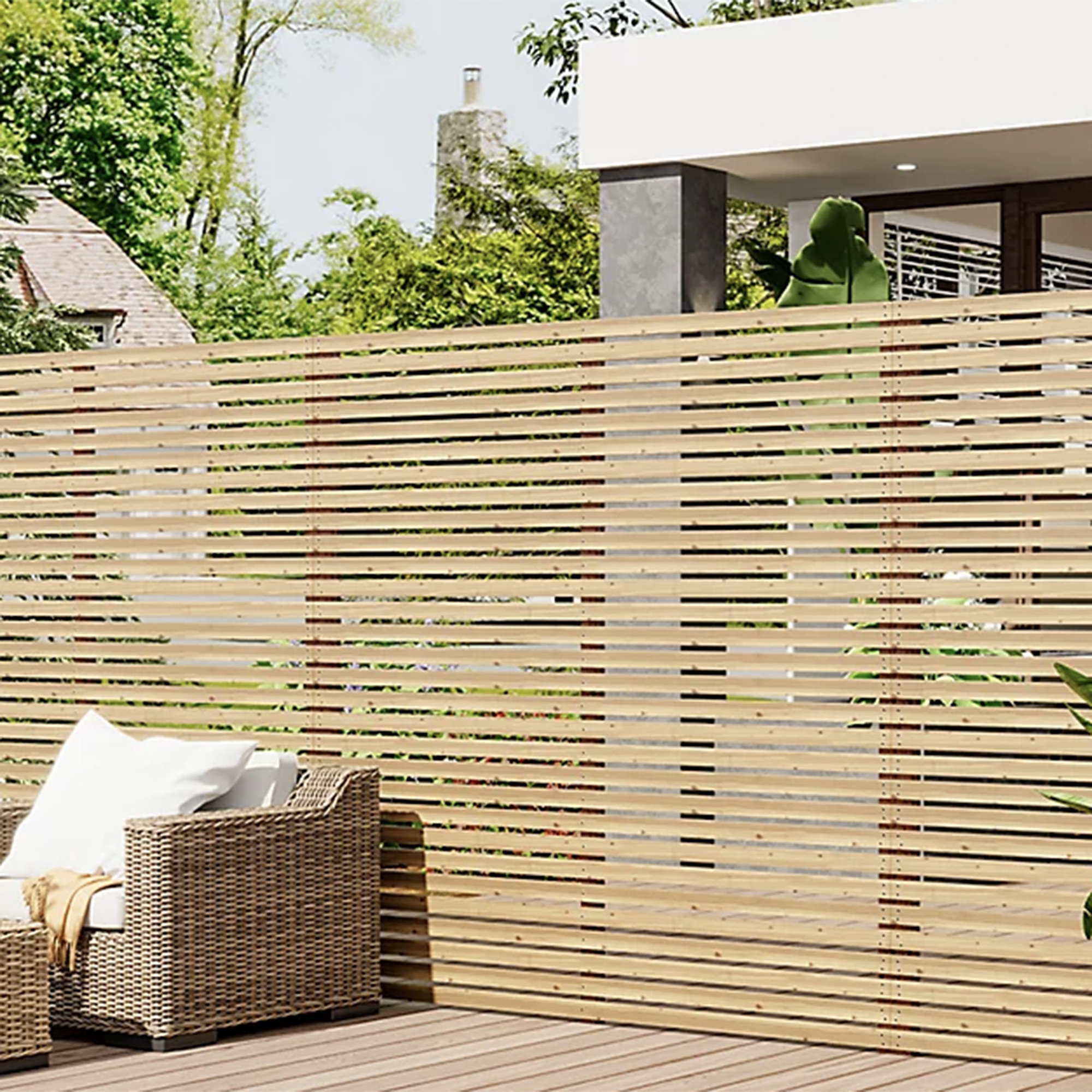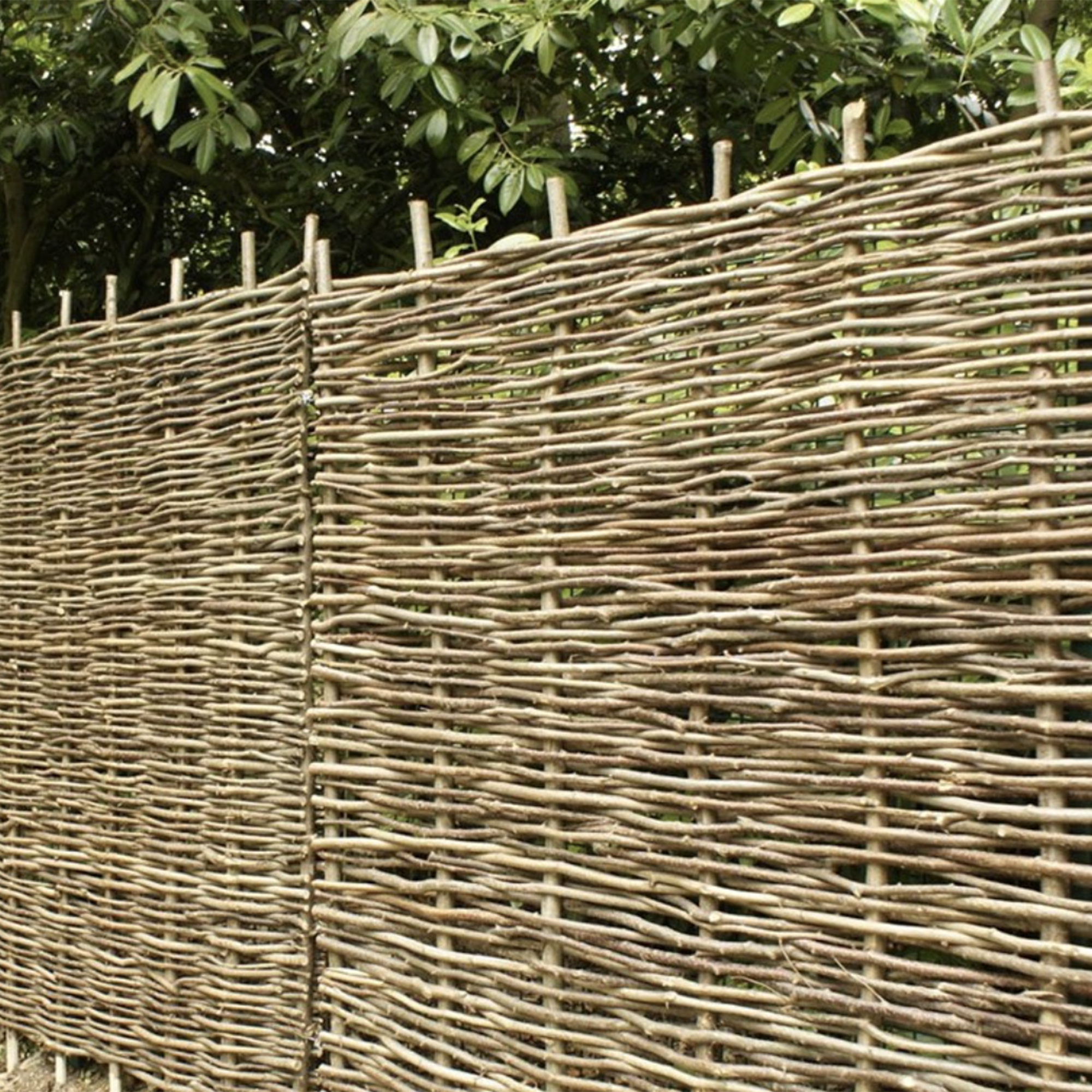Fence or hedge? Gardening experts share advice on which to choose for your home
Both are excellent choices for a garden boundary, but which is right for you? We asked the experts their thoughts on when to choose a fence or if a hedge might be more appropriate
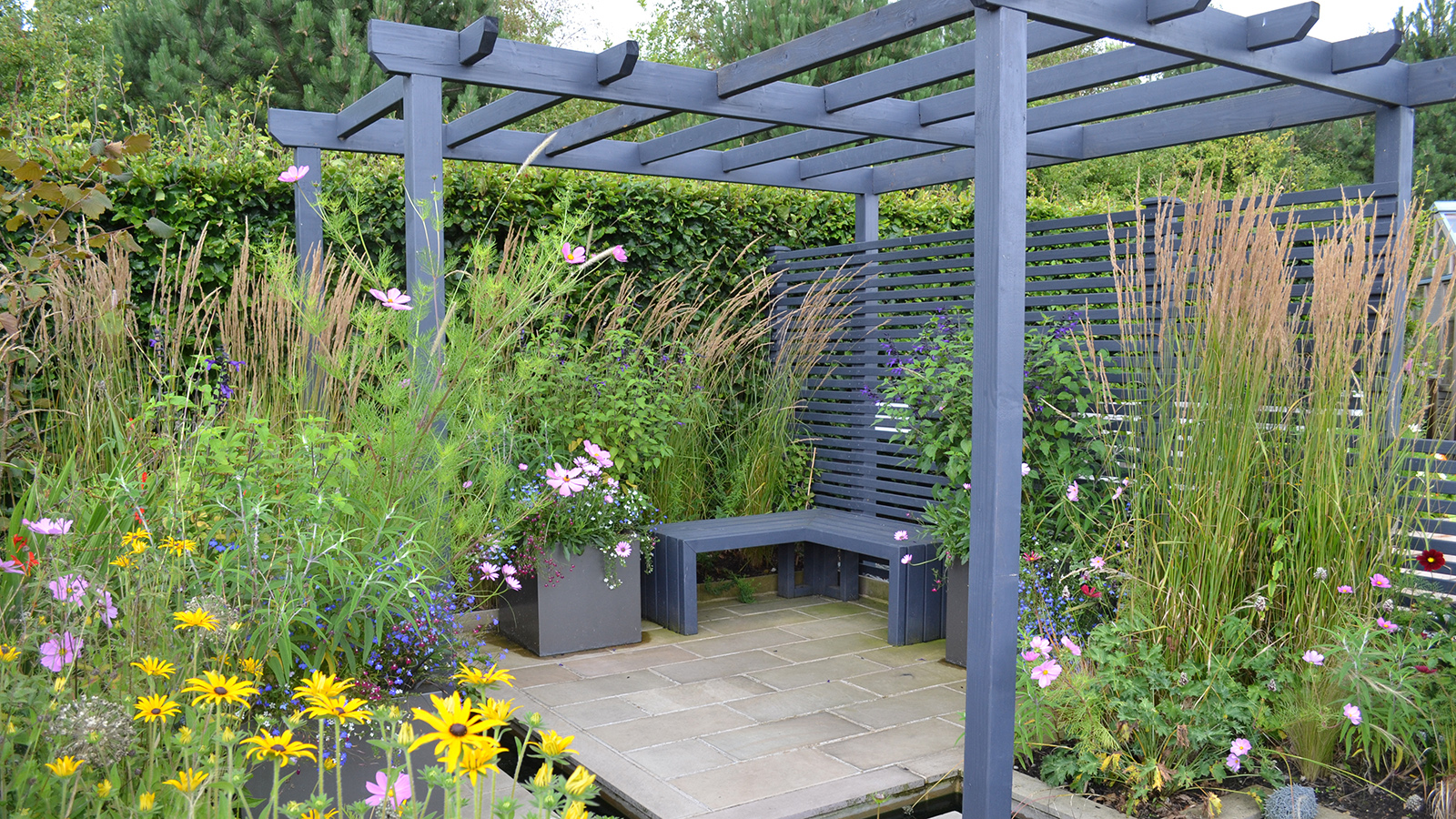
Whether you ultimately choose a fence or hedge, your garden should have a well-maintained, clearly defined boundary, for security and aesthetic reasons.
There are pros and cons to each, but ultimately fences and hedges are both extremely suitable options for screening off your backyard. Garden fence ideas are an instant fix with a huge range of styles. Whereas hedges take a little time to establish but are glorious for wildlife.
We approached some experts to explain the pros and cons of each to help you make the right choice for your garden.
How to choose between a fence or hedge?
If your garden is overlooked then privacy fence ideas are key, whereas if you are more remote and want an unobscured view then you might want a more openwork fence type or low-growing hedge.
"For the environment and for wildlife, the hedge wins every time and the green calming backdrop helps to make the garden feel natural, but in a small space, a fence can offer the best solution," says garden designer Tracy Foster.
The choice comes down to what look you want for your garden as well as what type of maintenance you're willing to put in.
Hedges
The pros of hedges as boundaries
Garden designer Jilayne Rickards favours hedges over fences for their visual appeal as well as how much benefit they have to local wildlife.
She lists the pros below:
- Environmental benefits: Hedges increase biodiversity in the area as well as providing nesting sites for birds, food for pollinators, and berries for birds. They help to create a wildlife corridor where hedgehogs can get through.
- Cost-effective: Installing a hedge can be done yourself without the need to pay for fence costs like labour, or buy materials like concrete. Using bare root hedging plants is cheap too, as well as being plastic-free.
- Visual appeal: Evergreen hedges look great during winter whilst providing a beautiful backdrop for summer planting. Deciduous hedges showcase seasonal changes and can be wonderful with spring flowers, summer leaves and autumn colours.
- They're subtle: Hedges are soft on the eye and make an attractive boundary which blends beautifully into the surrounding landscape.
- Wind protection: 'Hedges offer the best wind protection of all garden boundaries, breaking up strong gusts but allowing enough air through to help prevent destructive eddies,' adds garden designer Tracy Foster.

A practising garden designer of over 20 years. Jilayne has won gold at Chelsea as well as multiple BALI awards.
Shop hedging plants
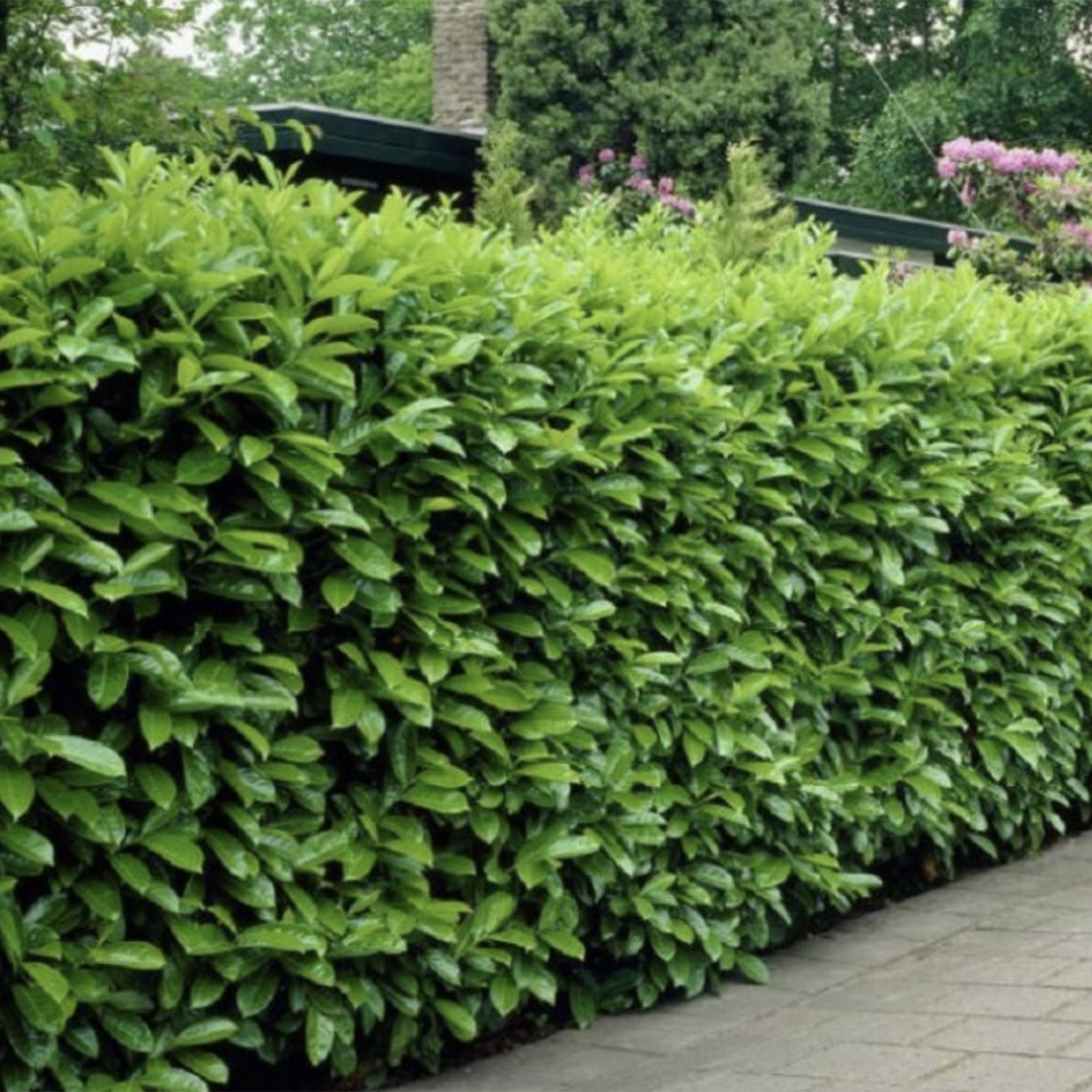
Laurel is a fast growing hedge with glossy green leaves and white flowers in spring. These come in a pack of 10 2ft plants.
The cons of hedges
Though there aren't many disadvantages to a hedge, Tracy Foster outlines what to bear in mind when deciding whether to go for a hedge or fence.
- Space requirements: Not a problem if your garden is huge, but definitely a consideration in a smaller plot where a hedge could be taking up a large proportion of the available ground, particularly if you want to allow a space to access the hedge for trimming.
- Maintenance: The hedge will need trimming, with informal hedges requiring one cut per year with the best hedge trimmers, and more formal ones requiring two or even three. Hedge cutting is a skilled and strenuous job and it is well worth getting an expert to come and do the maintenance so there can be a cost involved.
- They take time: You'll have to wait for your hedges to grow and establish, but for many varieties, this won't be long. However, there can also be a problem with some species taking moisture and nutrients from nearby beds.

Tracy has over 20 years experience in the field of garden design. Her training has included a degree in Plant Biology from the University of Newcastle upon Tyne as well as a Diploma in Garden Design from the Institute of Garden Design
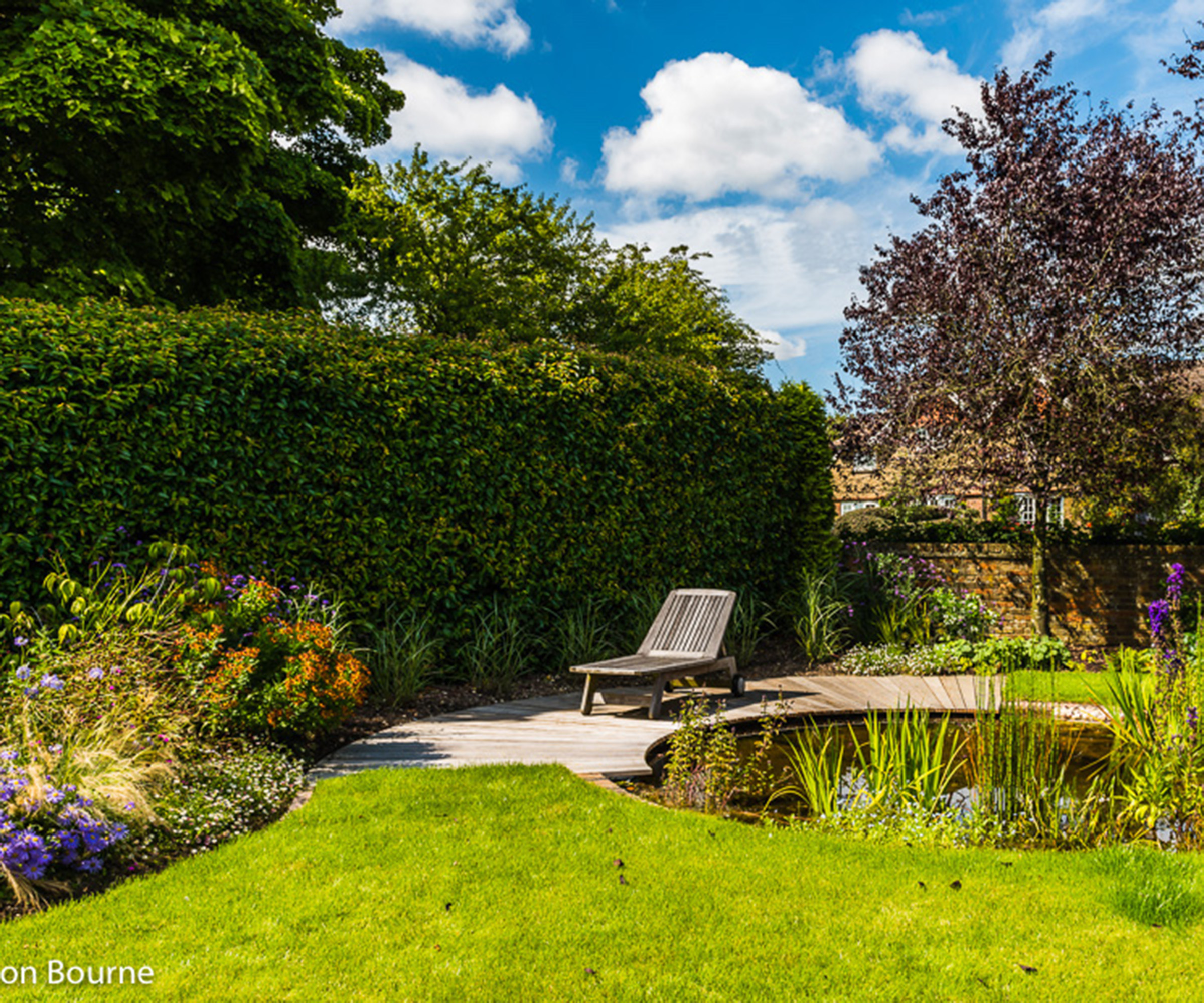
Fences
The pros of fences as boundaries
Fences are a quicker fix than hedges and will give a sleeker look to your garden space. Tracy Foster outlines some of the main advantages of fences below:
- It's instant: Put up a fence to offer an instant solution to garden security and privacy. However, you may need fence planning permission in certain areas. It can be an excellent choice for a small garden because it will fit in neatly, without taking up any of the available space in the garden.
- Impressive choice of styles: Smart contemporary gardens might opt for a horizontal slatted panel, more traditional styles might suit palisade fencing, or subtly coloured trellis, and situations that require something more rustic could be fenced with woven Hazel or Willow.
- Can be altered: A fence can be transformed easily using fence paint which offers an opportunity to change the look of the garden over time.
Shop fence panels
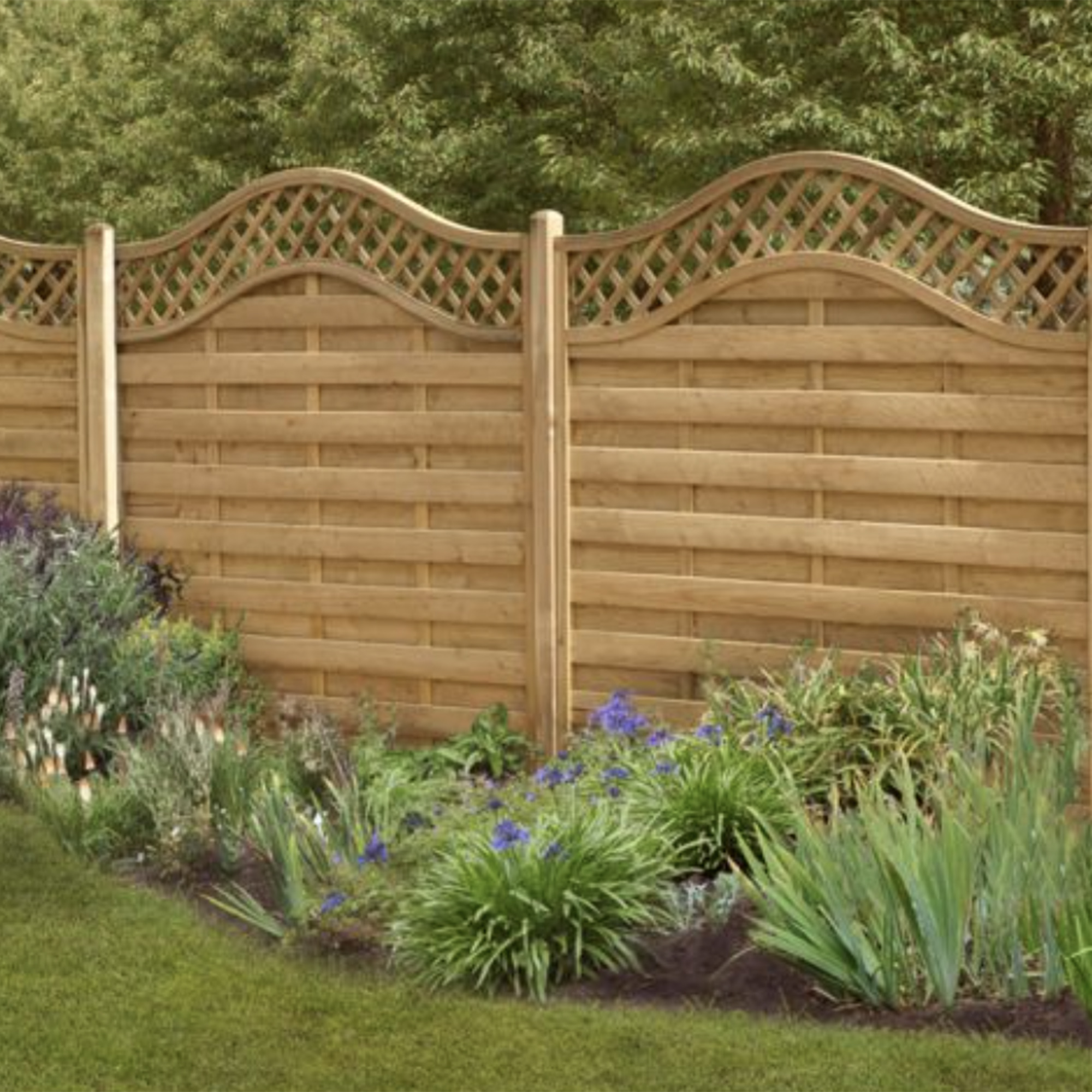
A decorative panel will give an interesting backdrop to your planting.
The cons of fences
Before you decide on a fence, make yourself aware of some of the disadvantages they have. Tracy Foster points out the main ones below:
- Maintenance: Although a fence does not need regular trimming, it will most probably need maintenance during its lifetime, such as repainting and repairing and you may even need to replace fence panels.
- Weather damage: Fences are especially vulnerable to strong winds, with panels and posts frequently blowing over in storms, leading to fence repair costs.
- Barriers to wildlife: A fence can also be an impenetrable barrier for wildlife. In our suburbs, gardens provide an invaluable habitat for hedgehogs and other wildlife and we can ensure they don’t suffer as a result of our fences by installing a small hole (just 13cm x 13cm) at the base.
- Cost: "Installation can be expensive," warns Jilayne Rickards. "The use of a material, usually wood, will need replacing after a few years."
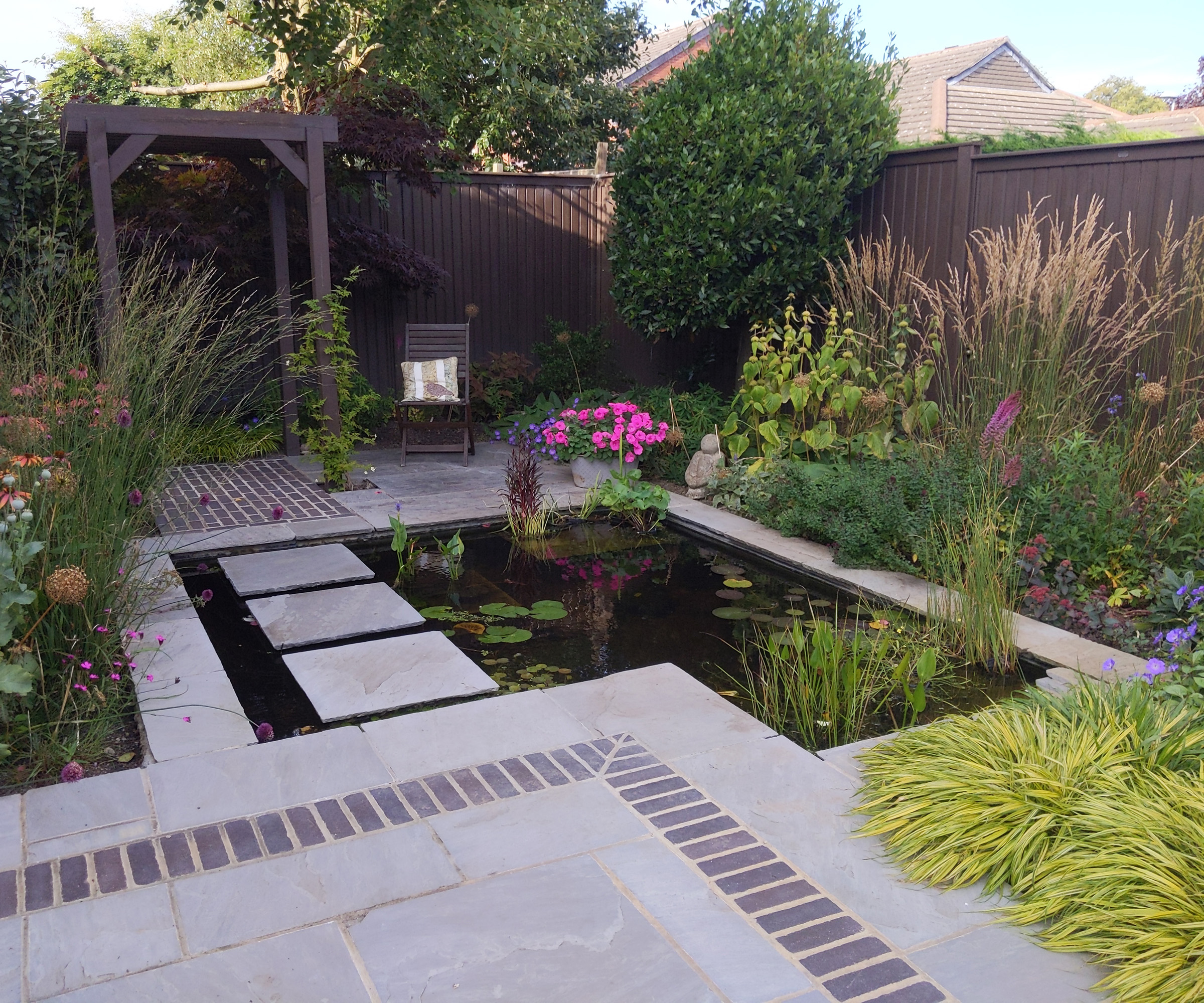
FAQs
Can you replace a hedge with a fence?
"It is possible to do this, although hedges are sometimes subject to protection orders or covenants (particularly when they are in front gardens). If your hedge is along a shared boundary, it is wise to consult your neighbours to avoid legal disputes," says garden designer Tracy Foster.
"It is also vital to consider habitat loss for wildlife if you do replace a hedge with a fence, and to offset the potential damage to nature by planting an equivalent amount of plant material elsewhere in your garden to compensate," she says.
"Often garden owners opt for hedge removal because their boundary has become overgrown, thin at the base or untidy but pruning and a regime of care and feeding can often restore it to a dense and healthy state which can save money and be kinder to the environment so it is well worth considering," says Tracy.
Though popular choices, garden boundaries aren't limited to a fence or hedge. A wall is also a solid option. Have a look at our guide on fence vs walls and see if this is an option for you.
Get the Homebuilding & Renovating Newsletter
Bring your dream home to life with expert advice, how to guides and design inspiration. Sign up for our newsletter and get two free tickets to a Homebuilding & Renovating Show near you.

Teresa was part of a team that launched Easy Gardens in 2018 and worked as the Editor on this magazine. She has extensive experience writing and editing content on gardens and landscaping on brands such as Homes & Gardens, Country Homes & Interiors and Living Etc magazine. She has developed close working relationships with top landscape architects and leading industry experts, and has been exposed to an array of rich content and expertise.
In 2020 Teresa bought her first home. She and her partner worked alongside architects and builders to transform the downstairs area of her two bedroom Victorian house in north London into a usable space for her family. Along the way she learned the stresses, woes and joys of home renovation, and is now looking to her next project, landscaping the back garden.
